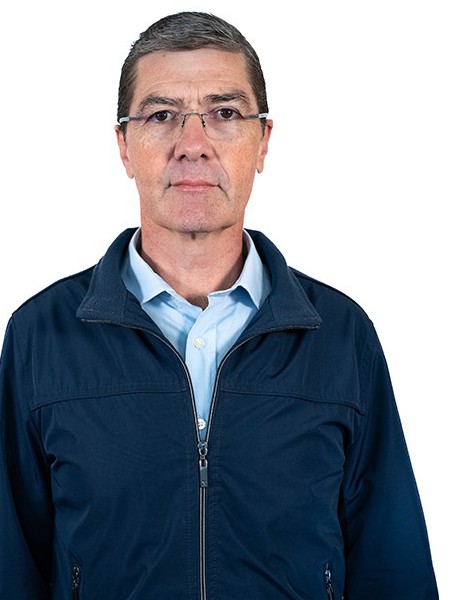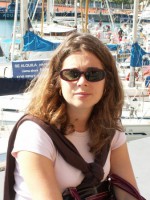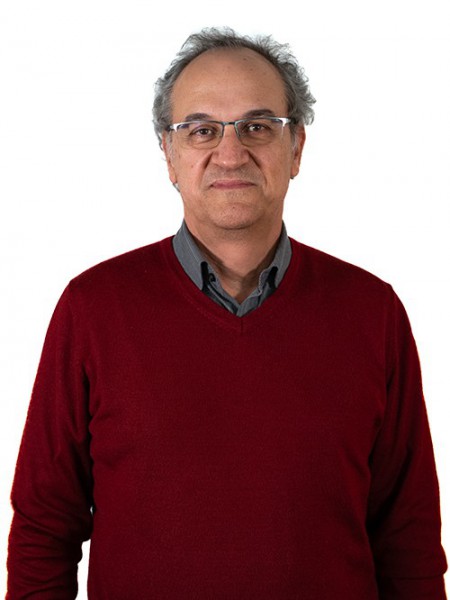abstract
The superior biotribological performance of nanocrystalline diamond (NCD) coatings grown by a chemical vapor deposition (CVD) method was already shown to demonstrate high wear resistance in ball on plate experiments under physiological liquid lubrication. However, tests with a close-to-real approach were missing and this constitutes the aim of the present work. Hip joint wear simulator tests were performed with cups and heads made of silicon nitride coated with NCD of similar to 10 mu m in thickness. Five million testing cycles (Mc) were run, which represent nearly five years of hip joint implant activity in a patient For the wear analysis, gravimetry, profilometry, scanning electron microscopy and Raman spectroscopy techniques were used. After 0.5 Mc of wear test, truncation of the protruded regions of the NCD film happened as a result of a fine-scale abrasive wear mechanism, evolving to extensive plateau regions and highly polished surface condition (Ra < 10 nm). Such surface modification took place without any catastrophic features as cracking, grain pullouts or delamination of the coatings. A steady state volumetric wear rate of 0.02 mm(3)/Mc, equivalent to a linear wear of 0.27 mu m/Mc favorably compares with the best performance reported in the literature for the fourth generation alumina ceramic (0.05 mm(3)/Mc). Also, squeaking, quite common phenomenon in hard-on-hard systems, was absent in the present all-NCD system. (C) 2015 Elsevier Ltd. All rights reserved.
keywords
SILICON-NITRIDE; IN-VITRO; CERAMIC BEARINGS; ALUMINA; ARTHROPLASTY; REPLACEMENT; PROSTHESES; COATINGS; FILMS; SQUEAKING
subject category
Engineering; Materials Science
authors
Maru, MM; Amaral, M; Rodrigues, SP; Santos, R; Gouvea, CP; Archanjo, BS; Trommer, RM; Oliveira, FJ; Silva, RF; Achete, CA
our authors
acknowledgements
This work was financed by FEDER funds through the Program Operational Factors of Competitiveness - COMPETE and Portuguese National funds through the FCT - Fundacao para a Ciencia e Tecnologia under projects FCOMP-01-0124-FEDER-015147 (PTDC/EME-PME/112910/2009). And CICECO-Aveiro Institute of Materials (Ref. FCT UID/CTW50011/2013). R.F. Silva acknowledges the research Grant from CNPq





